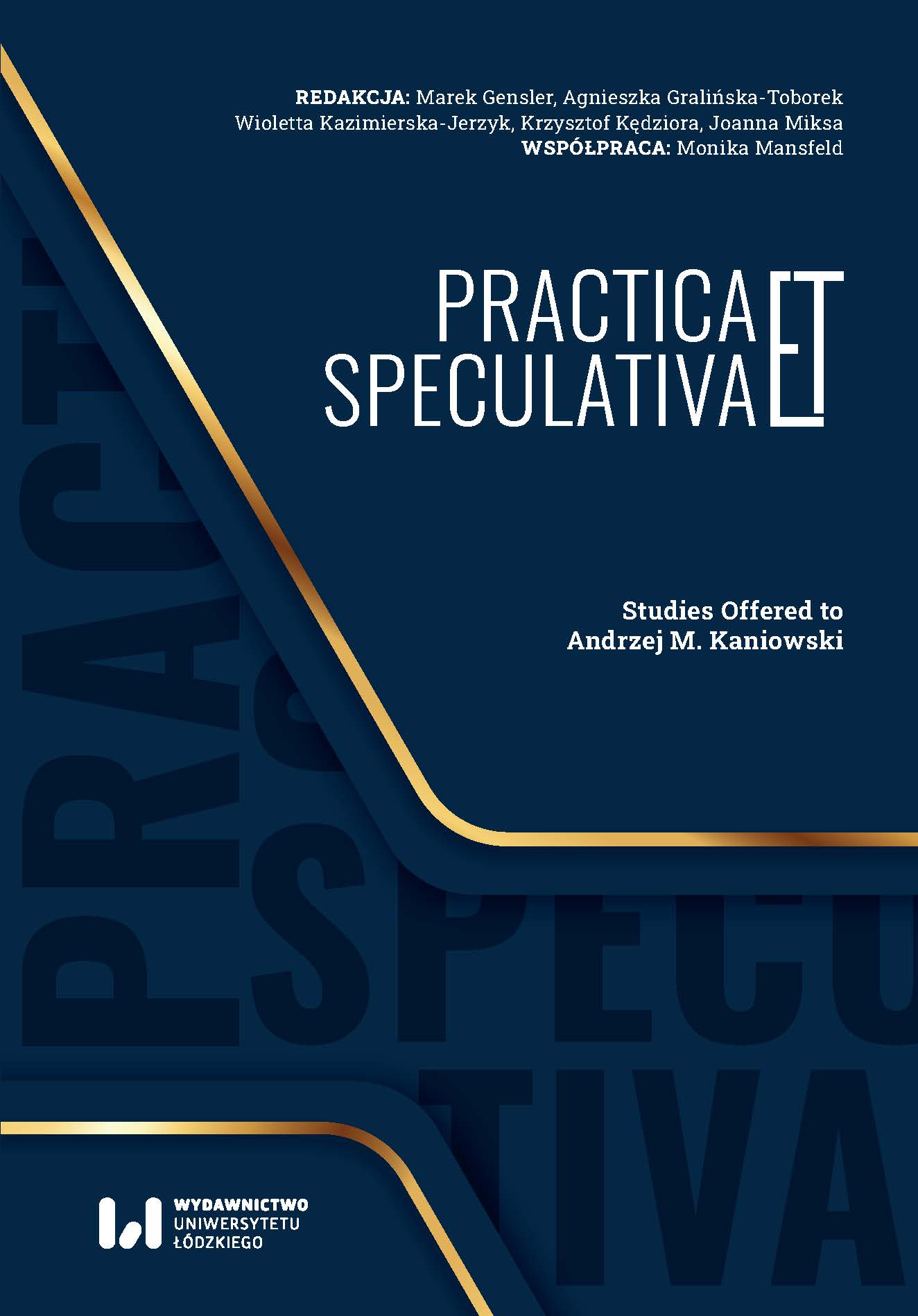„Actio libera in se" und „actio libera in (sua) causa" im Strafrecht und bei supererogatorischem Verhalten
Actio libera in se and actio libera in (sua) causa in criminal law and supererogatory behaviour
Author(s): Jan C. Joerden
Subject(s): Philosophy, Ethics / Practical Philosophy
Published by: Wydawnictwo Uniwersytetu Łódzkiego
Keywords: actio libera in causa;Imputation;Criminal Law;Supererogation
Summary/Abstract: This article deals with the phenomenon of the actio libera in causa. With this expression traditionally those case constellations in law and ethics are denoted in which a person commits an act in a state of mental incapacity, but is responsible for this state himself. For example, in a case in which A kills B while A is completely drunk, and cannot be held responsible for killing because he is completely drunk (see Sec. 20 of the German Criminal Code). It is now questionable whether one can still hold A accountable for killing B, considering that he himself freely brought about his own state of full drunkenness. In this context represented models of imputation in criminal law will be discussed. Furthermore, examples from the area of supererogatory action are used, in order to indicate which model of imputation should be preferred in criminal law cases of actio libera in causa.
Book: Practica et Speculativa
- Page Range: 349-374
- Page Count: 26
- Publication Year: 2022
- Language: German
- Content File-PDF

